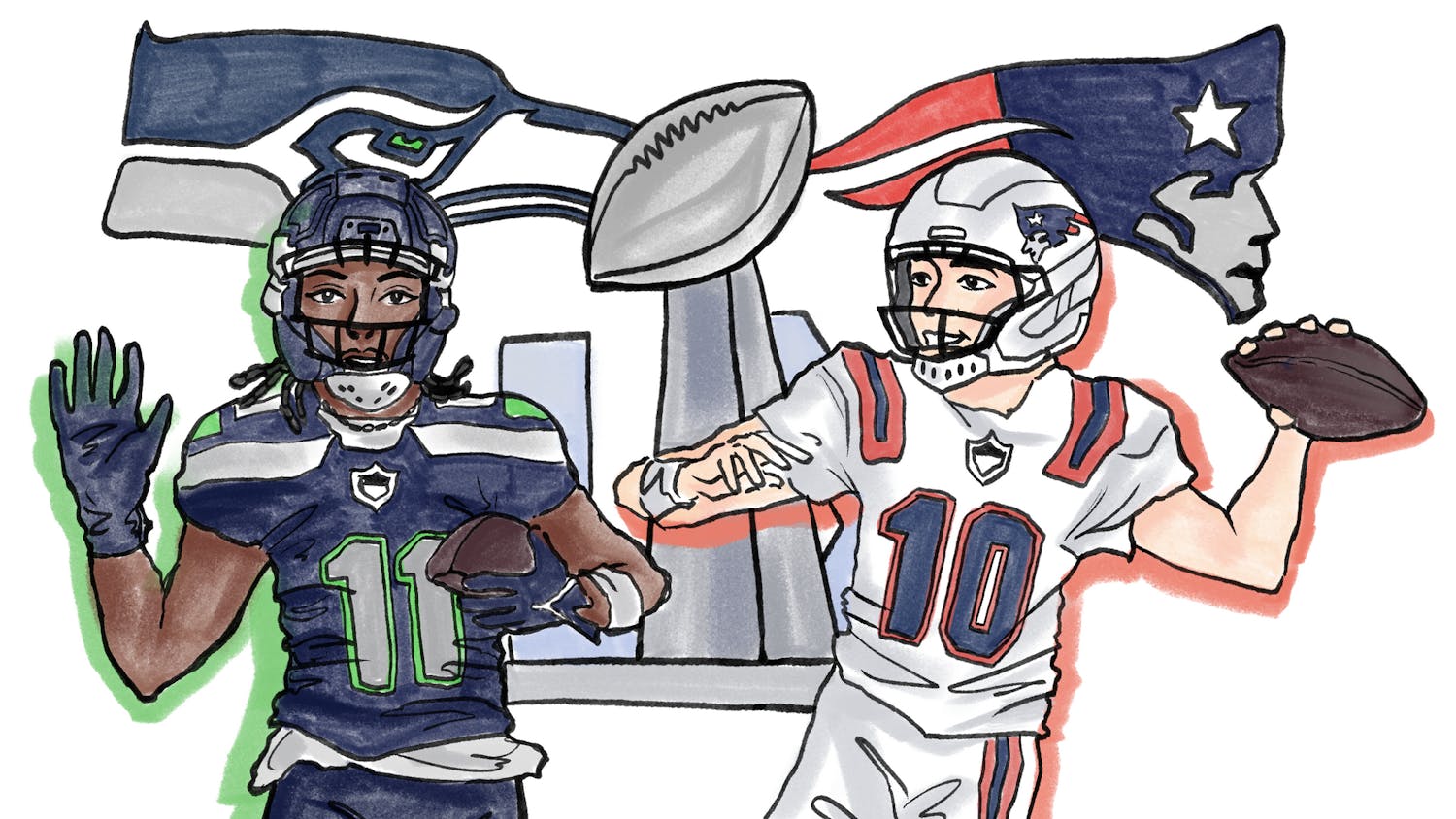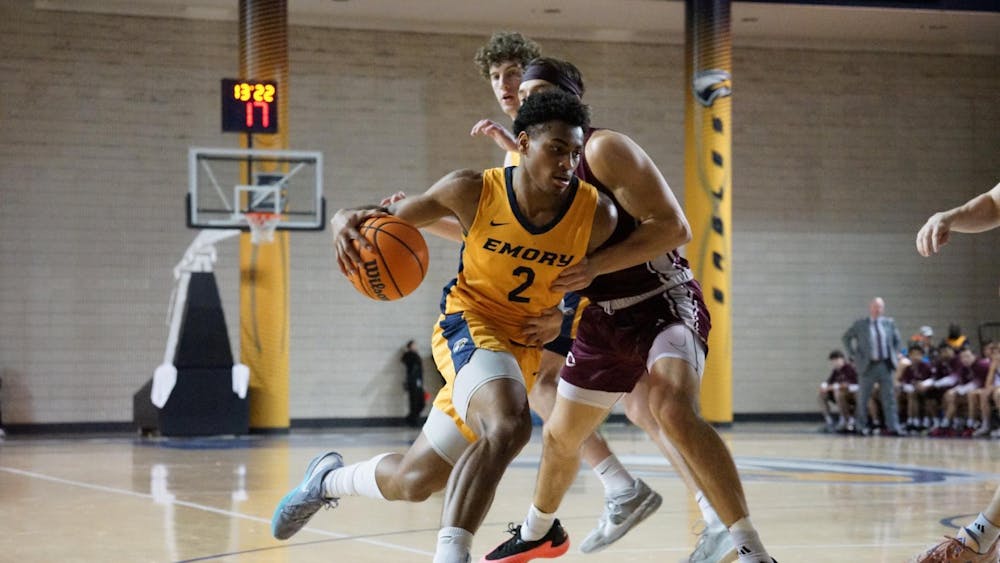Players, coaches and fans were aching for the commencement of the NCAA Tournament after waiting two years for madness to once again engulf the month of March. However, the tournament’s thrill factor has been overshadowed by the difference in how the NCAA treats its male and female athletes.
Players have gone to social media to expose the differences between the men’s and women’s merchandise and apparel, weight rooms and meals. The student-athletes were not the only group disappointed by this; the issue quickly gained publicity from professional athletes and was covered by major news outlets.
As a generous gesture for making the tournament, the NCAA gifted the men and women players “swag bags” that included basic necessities and merch. The men’s swag bags included large towels with cool logos, a hat, T-shirts, a pair of shoes, toiletries and a book written by famous Georgetown University (D.C.) basketball head coach John Thompson. Meanwhile, the women received a small, basic looking towel, scrunchie, water bottle, T-shirt, toiletries and a hat. While the women received one of each item, the men received multiple of the same items that were also of higher value and quality.
Former Duke University (N.C.) star and current Brooklyn Nets point guard Kyrie Irving took to social media upon learning about the discrepancies, calling out the NCAA while reposting pictures of the men’s and women’s swag bags on his Instagram story.
Kyrie Irving not pleased with NCAA’s mistreatment of women’s basketball. pic.twitter.com/1jAlJBu6WP
— ? Brandon ‘Scoop B’ Robinson ? (@ScoopB) March 19, 2021
Another difference between the two tournaments was in the weight rooms. The women were provided much less equipment and had much less space to workout than the men. Sedona Prince, a forward for the University of Oregon women’s basketball team, tweeted her viral TikTok comparing weight rooms.
The women’s weight room consisted of a small rack of dumbbells along with a few yoga mats, while the men had a spacious weight room filled with squat racks. Prince, clearly upset, said, “if you aren’t upset about this problem, then you’re a part of it.”
Prince’s teammate, guard Sydney Parrish, did not let the unfair treatment slide, either. Parrish also spoke out on TikTok where she showed videos and pictures of the weight rooms, swag bags and the food the women were given, clearly disappointed by the unappetizing microwaveable meals they were supposed to eat. She asked in her TikTok how female players were supposed to fuel themselves and perform at the top level without appetizing, nutritious and protein-filled meals.
@sydney_parrishh NCAA WBB players deserve better??♀️ #fyp#marchmadness#ncaa#wbb
♬ original sound - Syd
In response to the weight room controversy, Vice President of Women’s Basketball for the NCAA Lynn Holzman acknowledged in a statement that the lack of amenities was a result of limited space and the NCAA’s plan was to extend the workout area when that space eventually became available. However, this only added fuel to the fire. The players, infuriated by this statement, continued to post videos that showed the vast amount of empty space that could have been utilized as a weight room.
The gender disparities that continue to exist in 2021 is disheartening. While the players are given the once-in-a-lifetime opportunity to compete in the NCAA Tournament, the faults in the event should not be overlooked. Thankfully, there are many strong female athletes willing to stand up for what is right and advocate for equal treatment of men and women in sports.
Speaking out on this issue was key for making the NCAA publicly apologize. NCAA Senior Vice President of Basketball Dan Gavitt released a statement during a March 19 Zoom call addressing the controversy.
“I apologize to the women’s student-athletes, coaches and committee for dropping the ball on the weight room issue in San Antonio,” Gavitt said. “We’ll get it fixed as soon as possible.”
While there was an apology, the situation should not have occurred in the first place. The fight for gender equality in the U.S. is a top priority, and the NCAA Tournament is a prime example of the continued disparity in female and male treatment.










